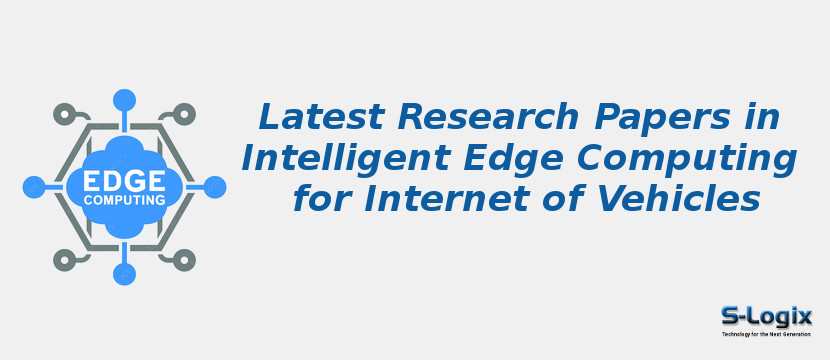Intelligent edge computing for the Internet of Vehicles (IoV) has emerged as a pivotal research area, focusing on leveraging edge intelligence to enable low-latency, reliable, and context-aware services for connected and autonomous vehicles. Research papers in this domain explore frameworks that integrate edge computing, machine learning, deep learning, and AI-driven analytics to process massive vehicular data locally, reducing dependence on centralized cloud systems. Studies highlight applications such as real-time traffic prediction, autonomous navigation, vehicular communication (V2V, V2I), collision avoidance, infotainment services, and predictive maintenance. Recent works also investigate computation offloading, resource management, workload balancing, and mobility-aware task scheduling to address challenges posed by high vehicular mobility and dynamic network conditions. Security- and privacy-preserving mechanisms, including blockchain, federated learning, and lightweight cryptography, are emphasized to protect sensitive vehicular and location data. Furthermore, multi-tier edge–fog–cloud architectures are studied to enhance scalability, resilience, and service continuity in heterogeneous vehicular networks. Overall, intelligent edge computing for IoV enables adaptive, real-time, and secure vehicular services, bridging the gap between high-speed vehicular environments and next-generation intelligent transportation systems.
